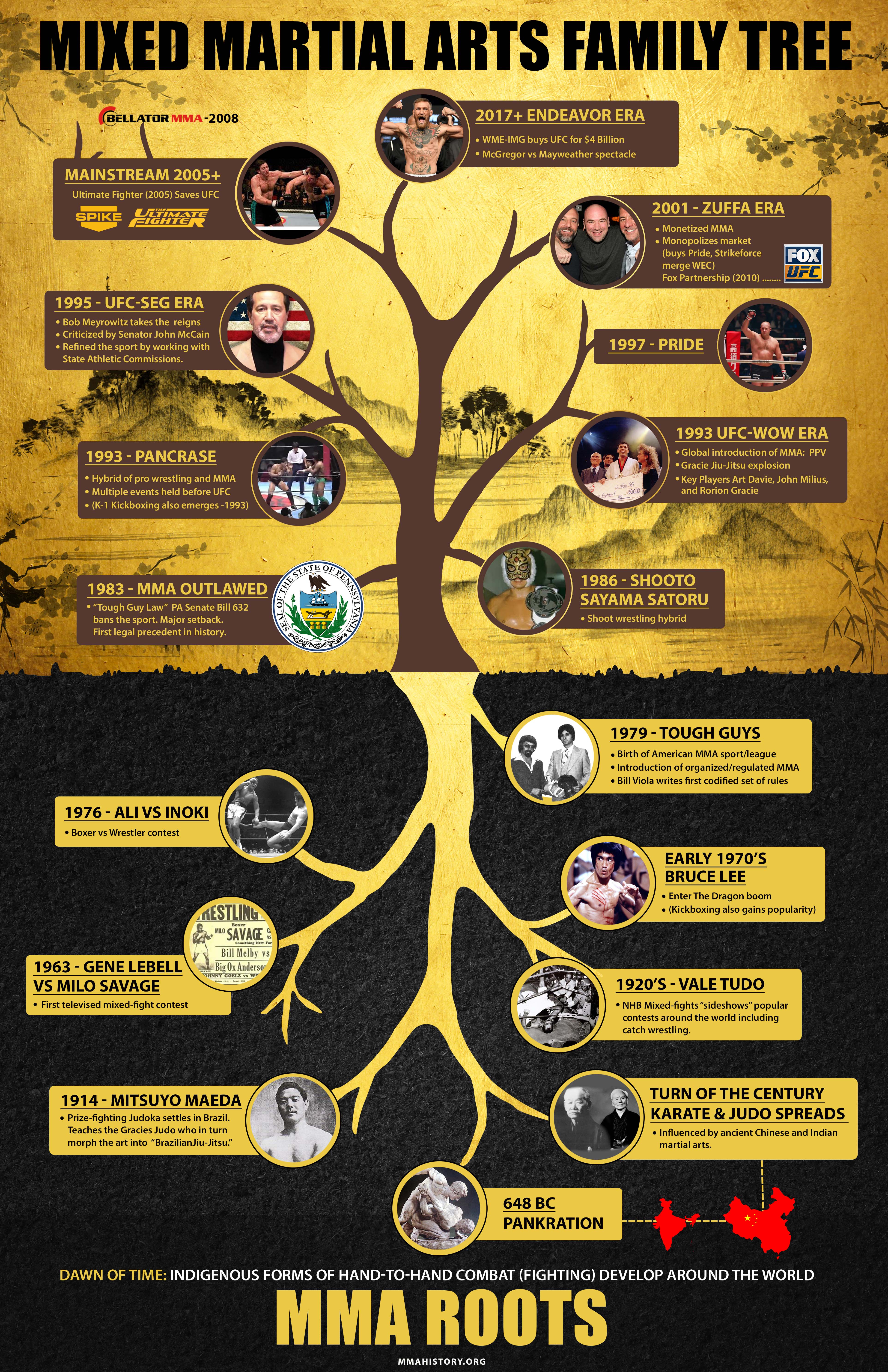The History And Ideology Of Martial Arts: A Deep Dive
The History And Ideology Of Martial Arts: A Deep Dive
Blog Article
Post By-Moesgaard Montoya
Enter the ancient globe where martial arts were born out of necessity in diverse areas. Societies crafted special combating designs linked with historical contexts. Strategies advanced over centuries with devoted technique and social exchanges. Today, contemporary martial arts mix conventional elements for maximum effectiveness. Philosophically, martial arts highlight technique, self-improvement, and consistency. Regard, humbleness, and equilibrium are fundamental principles guiding professionals in the direction of growth and resilience. Check out the midsts of this rich background and ideology to reveal the extensive influences shaping this long-lasting technique.
Beginnings of Fighting Style
Fighting style originated in various regions around the world, developing as functional combat systems to defend against risks. These ancient battling designs were created out of necessity, with each society crafting techniques suited to their special settings and difficulties. From the grappling arts of Jujutsu in Japan to the striking strategies of Kung Fu in China, martial arts were deeply linked with the historic, social, and social textile of their respective cultures.
In Japan, the samurai class polished martial arts like Kenjutsu, the art of the sword, which later on progressed into the a lot more promoted type of Kendo. At the same time, in Brazil, Capoeira became a blend of dancing and fight, developed by enslaved Africans as a means to stand up to oppression. Each martial art carries with it an abundant history and approach, showing the worths and ideas of individuals who practiced them.
As you explore the origins of martial arts, you uncover a tapestry of human resourcefulness, durability, and the unrelenting spirit of warriors throughout time.
Development of Strategies
Via centuries of method and refinement, battle techniques within different martial arts have actually undergone a profound evolution. From old designs like Martial art and Karate to much more modern techniques such as Brazilian Jiu-Jitsu and Krav Maga, the advancement of methods has actually been driven by a mix of cultural influences, functional applications, and technical improvements.
One substantial aspect of this evolution is the cross-pollination of methods in between different martial arts. For https://www.walb.com/2022/02/22/albany-womens-self-defense-studio-hosts-official-ribbon-kicking/ , strategies from typical Japanese Jiu-Jitsu were incorporated into the development of Judo by Jigoro Kano in the late 19th century. This mixing of designs has brought about the development of crossbreed martial arts like Mixed Martial Arts (MMA), which combine aspects of striking, grappling, and entry strategies.
Moreover, https://champion-martial-arts-for43210.getblogs.net/60107749/gain-mental-fortitude-and-self-assurance-through-discovering-self-defense-techniques-using-a-potent-reservoir-of-resilience-observe-the-life-changing-impact-it-carries-you of strategies has actually been formed by the boosting emphasis on performance and performance in battle. Professionals have actually continuously looked for to improve their strategies through rigorous training, experimentation, and competition, resulting in the development of highly specialized and reliable combating designs. Generally, the advancement of methods in martial arts mirrors the vibrant nature of combat and the recurring pursuit for improvement and advancement.
Thoughtful Foundations
Exploring the underlying philosophical concepts of martial arts gives understanding into their core values and assisting beliefs. At the heart of lots of martial arts disciplines is the concept of technique itself. By training your mind and body to act as one cohesive device, you grow discipline that extends beyond the dojo or health club into daily life. This self-control encompasses regard, humbleness, and self-constraint, shaping not just your physical abilities but additionally your character.
Another fundamental philosophical foundation in martial arts is the concept of continual self-improvement. The journey of understanding a fighting style is perpetual, with professionals regularly aiming to much better themselves, both literally and emotionally. This concentrate on growth cultivates resilience, perseverance, and a development mindset that can be applied to all facets of life.
Additionally, martial arts emphasize the relevance of consistency and equilibrium. Strategies are designed to utilize an opponent's energy versus them, highlighting the principle of generating and rerouting force instead of fulfilling it head-on. This viewpoint extends to social connections, advertising tranquil resolutions and mutual understanding. By accepting these thoughtful structures, martial musicians not just improve their fight abilities but likewise grow a way of life centered on individual growth, regard, and harmony.
Verdict
In conclusion, the history and viewpoint of martial arts use an abundant tapestry of tradition, technique, and self-improvement.
Consider instance the story of Bruce Lee, that revolutionized martial arts by mixing different designs and viewpoints to develop his very own special kind of Jeet Kune Do.
Through commitment and development, martial musicians continue to push borders and inspire others to reach their complete capacity both in combat and in life.
